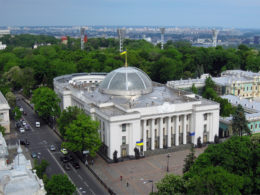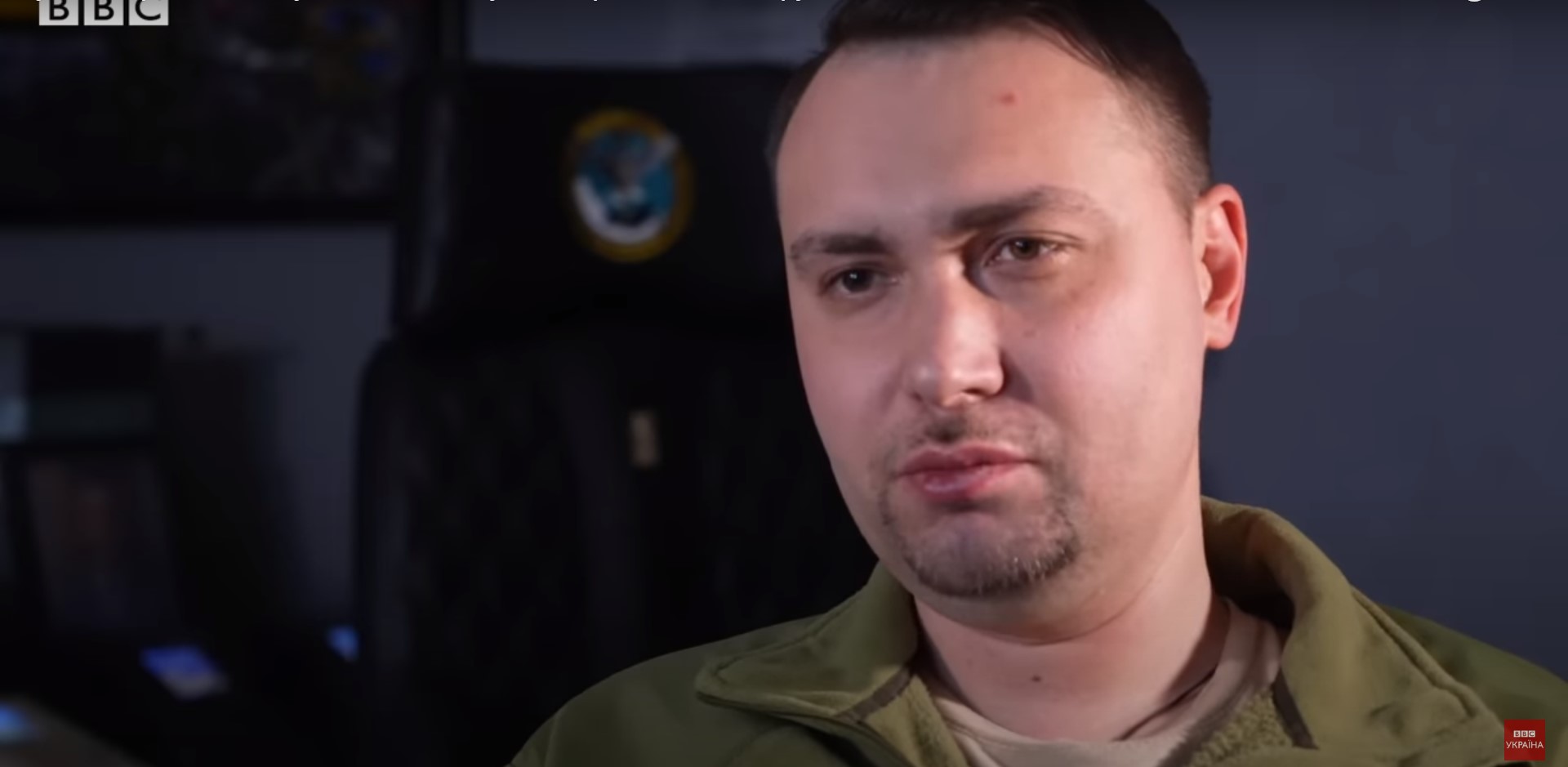More than 200,000 Russians traveled into Georgia, Kazakhstan, and the EU after Russian President Vladimir Putin declared mobilization on 21 September, CNN reports.
- Approximately 100,000 Russians crossed into Kazakhstan
- At least 53,136 people crossed the Georgian-Russian border
- Nearly 66,000 Russian citizens entered the EU over the past week (Sept. 19-25) — a more than 30% increase in comparison to the past week.
However, the stream of Russians coming into the EU is expected to drop as Finland closes its border to Russian tourists on 30 September.
Thus, the number of Russians fleeing mobilization exceeds Russia’s initial invading force on 24 February, when 200,000 soldiers were estimated to be at the Ukrainian border.
Officially, 300,000 are to be drafted in Russia’s “partial mobilization” announced on 21 September, but Russian media reported that the real number may reach 1.2 mn.
Ukraine’s General Staff informed on 29 September that 100,000 Russians have already been drafted.
Draft dodgers started fleeing as giant queues formed on the Russian-Georgian border. Russian military recruiters had set up a mobile mobilization point on the border with Georgia, as well as Finland.
Rallies against mobilization had erupted in various cities but were quickly dispelled. However, protests were continuing for longer in Dagestan and Siberia.
Ukrainian authorities have noted that Crimean Tatars, the indigenous people of occupied Crimea, were disproportionately targeted with summonses. As well, summonses are being given to men who received Russian passports in Ukraine’s occupied southern regions.
Military analysts from the ISW assessed that the mobilization is unlikely to have a significant effect on the course of war.
Ukraine’s Army Chief Valeriy Zaluzhnyi responded to the mobilization announcement by saying that Ukraine will destroy all invaders who come to Ukraine with weapons.
What will partial mobilization in Russia change?
Russia’s snap mobilization unlikely to have impact on course of war – ISW





